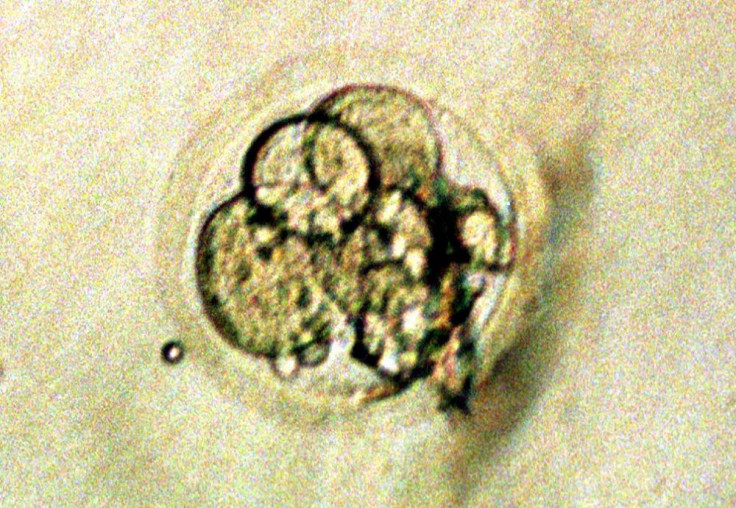French Scientists Claim Growing Sperm Cell In Lab

Kallistem, a company based in Lyon, France, claims to have created human sperm in vitro in its laboratory. It is a global first which offers hope for men with fertility problems.
To do that, Kallistem took the male fertility tissue, spermatogonia, and turned it into mature sperm in test tubes. The spermatogonia were taken from patient testicular biopsies containing only immature germ cells. The result was fully formed spermatozoa in vitro with sufficient yield for IVF, said Kallistem CEO Isabelle Cuoc, reports The Independent. It takes 72 days for the human body to produce sperm from basic reproduction cells.
Kallistem applied for a patent on June 23 for the process which it called Artisem. Until the patent is approved, the lab refused to provide more details of their research, which led medical experts to warn for more caution on the claim until the study is published in a peer-reviewed journal.
University of Sheffield male fertility expert Professor Allan Pacey pointed out that claims by Kallistem could lead to disappointment for couples with fertility problems since their hopes could be shattered if later the procedure turns out to be not available. However, if it would work, Artisem could open great prospects, said Professor Nathalie Rives, director of University Hospital of Rouen’s Centre for Assisted Reproduction.
The lab said it hopes to start human clinical trials within two years. It is currently crowdsourcing funds for the clinical trials. Once Artisem is approved by regulatory agencies, Kallistem targets to treat 50,000 men yearly.
It would be done by extracting reproductive cells from a man’s testes and freezing it until he wishes to sire a child. Prior to Kallistem’s success, labs were able to create spermatogenesis in mice only, reports the Telegraph.
To contact the writer, email: v.hernandez@ibtimes.com.au





















